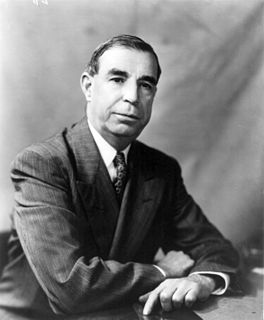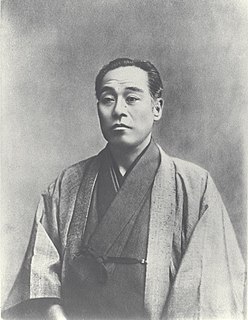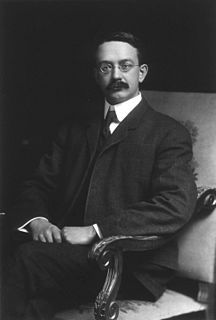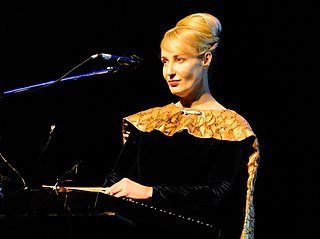A Quote by Dennis Chavez
I should like to be remembered as the man who raised a voice against... placing limitations on the freedom of the individual.
Quote Topics
Related Quotes
I’m interested in what people do with the chaos in their lives and how they respond to it, and simultaneously what they do with what they feel like are limitations. If they push against these limitations, will they wind up in the realm of chaos, or will they push against limitations and wind up in the world of freedom?
Each individual man and each individual country, according to the principles of natural reason, is free from bondage. Consequently, if there is some threat that might infringe upon a country's freedom, then that country should not hesitate even to take up arms against all the countries of the world.
I start ... from a belief in individual freedom and that derives fundamentally from a belief in the limitations of our knowledge, from a belief ... that nobody can be sure that what he believes is right, is really right ... I'm an imperfect human being who cannot be certain of anything, so what position ... involved the least intolerance on my part? ... The most attractive position ... is putting individual freedom first.
Man is not the enemy of man, but through the medium of a false system of Government. Instead, therefore, of exclaiming against the ambition of kings, the exclamation should be directed against the principle of such governments; and instead of seeking to reform the individual, the wisdom of a nation should apply itself to reform the system.
Years ago I sang on a track using that voice and someone asked, 'Who is that terribly depressed man?' But Patrick loved it. He said, 'You sound like a young boy, like a child, like an old woman, like an old man,' and really, we all have all of those things inside of us. I don't do any vocal gymnastics to make the voice better as I age. If it comes out rougher, then it's true to what's happening. Singing is who I am. I didn't train for it, any more than I trained for anything else I did. I probably should take better care of myself physically, but it goes against the grain.
Whilst we assert for ourselves a freedom to embrace, to profess and observe the Religion which we believe to be of divine origin, we cannot deny equal freedom to those whose minds have not yet yielded to the evidence which has convinced us. If this freedom be abused, it is an offense against God, not against man:To God, therefore, not to man, must an account of it be rendered.
Man, the more he gains freedom in the sense of emerging from the original oneness with man and nature and the more he becomes an "individual," has no choice but to unite himself with the world in the spontaneity of love and productive work or else to seek a kind of security by such ties with the world as destroy his freedom and the integrity of his individual self.
The insistence on truthfulness does not disturb the freedom of the individual. The social obligation implied in Satyagraha turns the freedom of the individual into moral freedom. An atheist is free to say or to do what he likes, provided he does what he says and says what he does. So, in the context of social relations, the freedom of the individual is moral freedom.
Every device employed to bolster individual freedom must have as its chief purpose the impairment of the absoluteness of power. The indications are that such an impairment is brought about not by strengthening the individual and pitting him against the possessors of power, but by distributing and diversifying power and pitting one category or unit of power against the other. Where power is one, the defeated individual, however strong and resourceful, can have no refuge and no recourse.


































